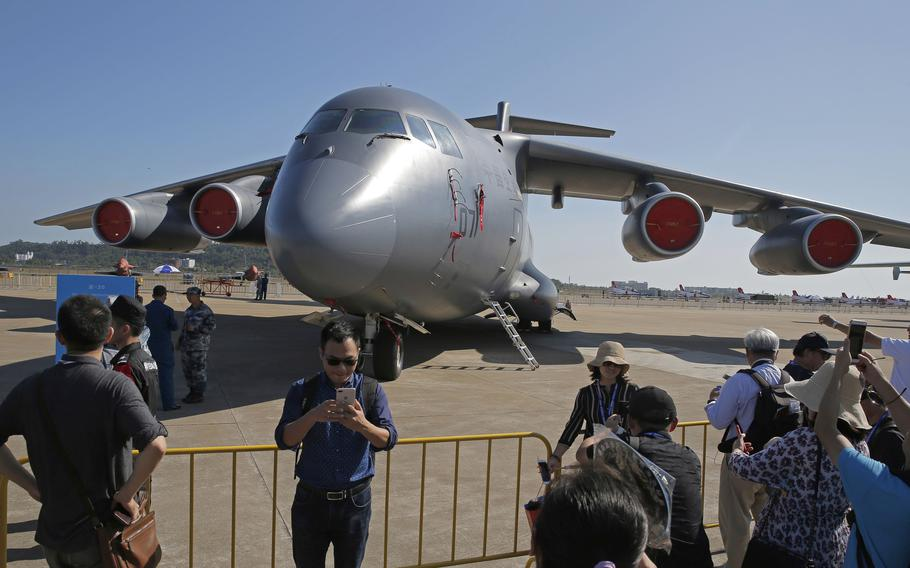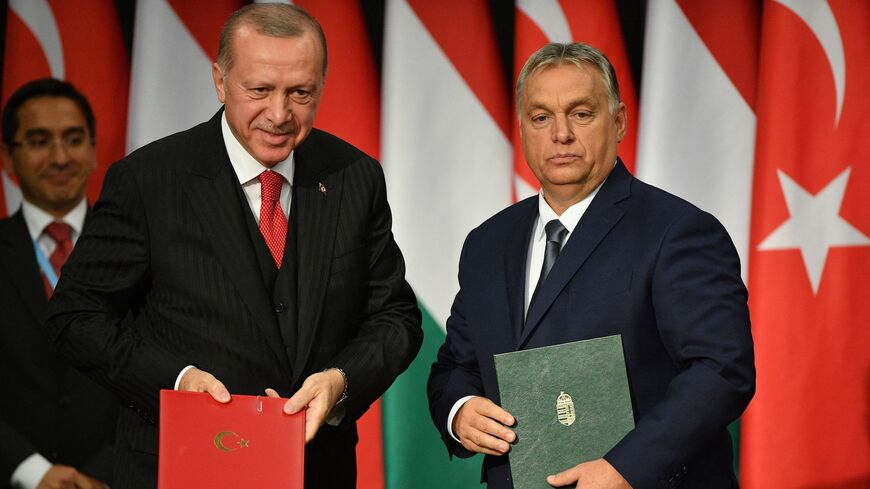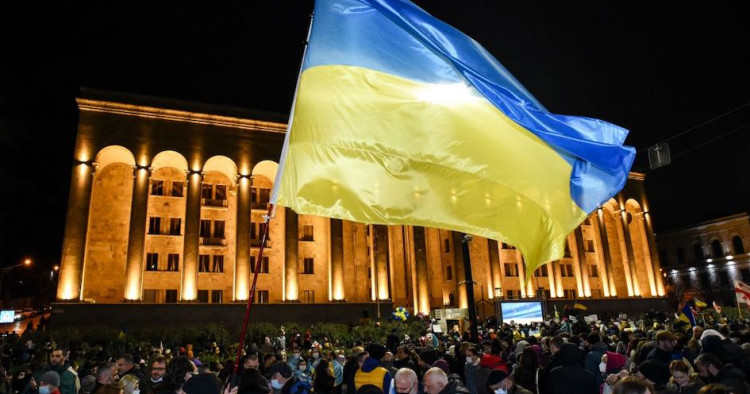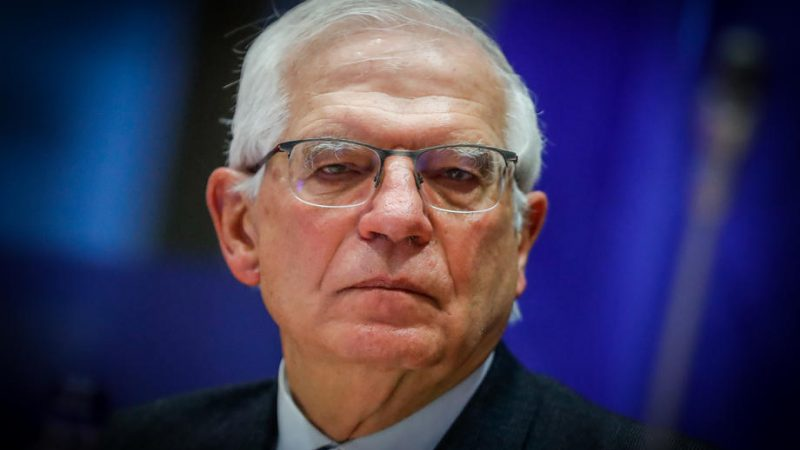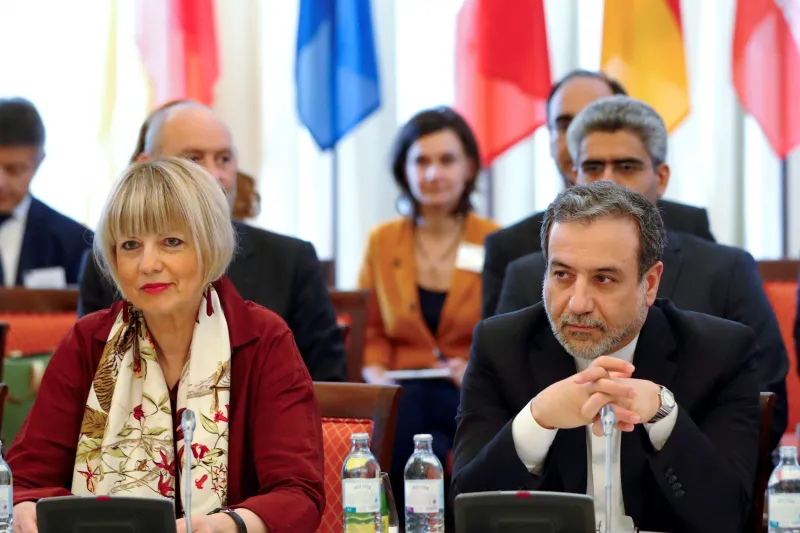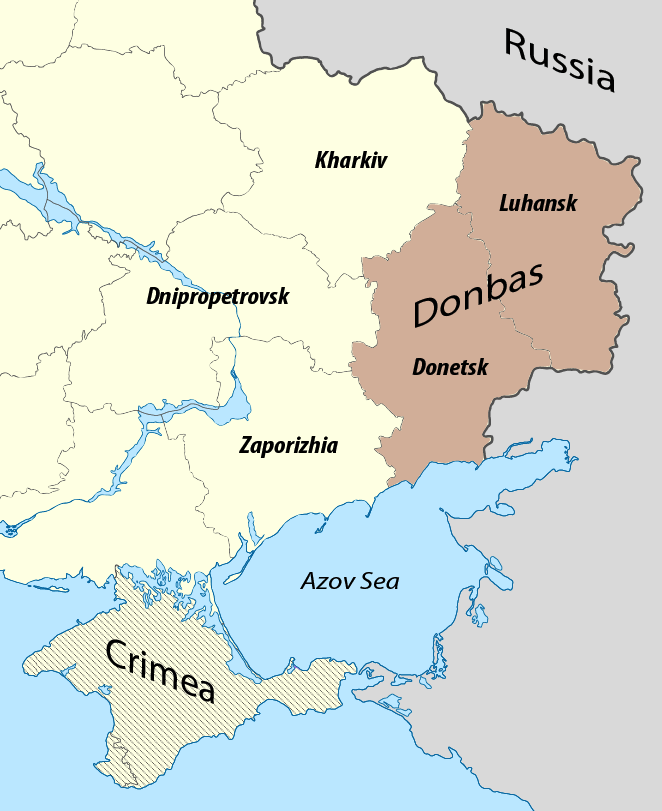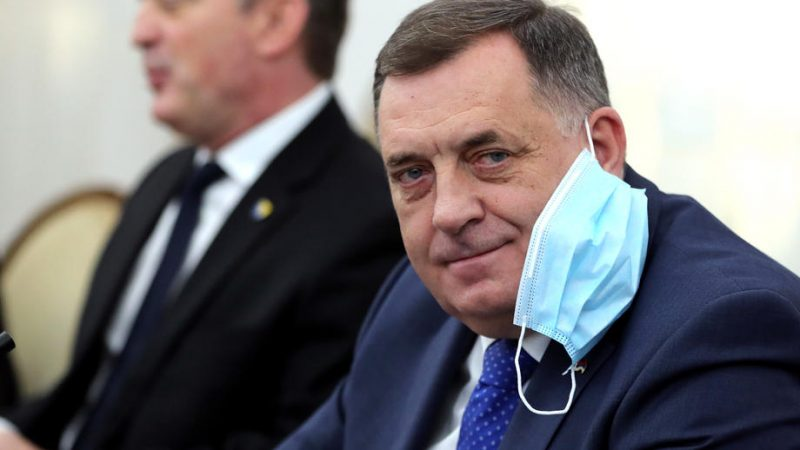In Serbia’s Electoral Simulation, the Leader Outstrips the Party

Elections in Serbia are all about the Leader, the “boss.” The Party comes a distant second.
Basking in the glow of another election win on April 3, Serbian President Aleksandar Vucic told Serbs he was “the proudest man in the county.”
The reason for such pride was the 59.3 per cent he notched up in the presidential election, or roughly 800,000 more than all the other candidates combined.

